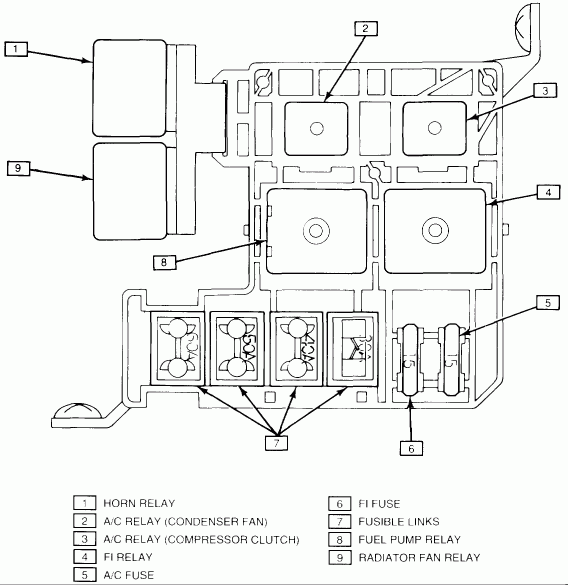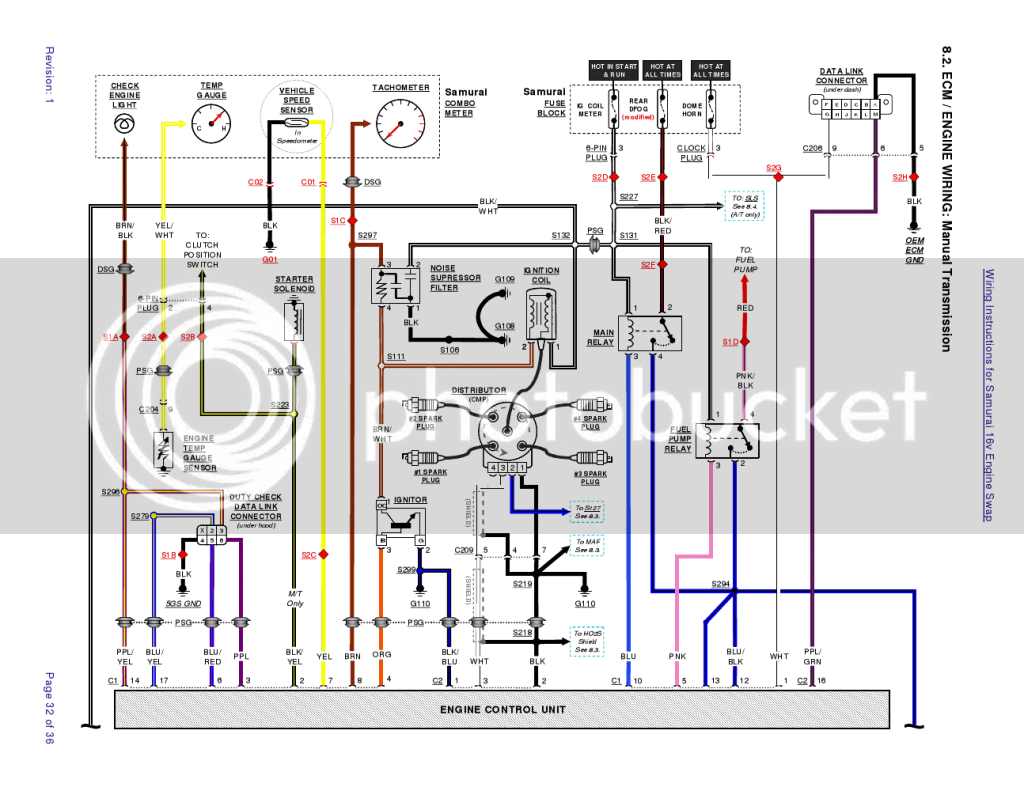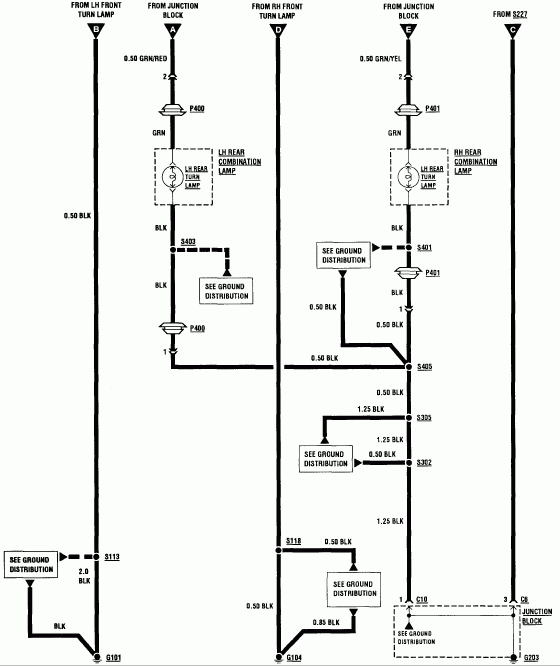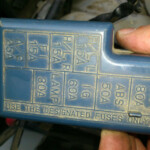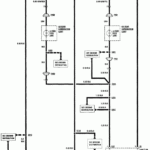94 Geo Metro Fuse Box Diagram – Schematics for fuse boxes are vital tools for understanding and troubleshooting the electrical system in your home or automobile. They provide visual representations of the function and design of fuses and circuit breakers that ensure the safety of circuits. This guide will give you details on diagrams and symbols for fuse boxes and common troubleshooting tips.
Types Fuse Box Schemas
A diagram of a fuse box is an essential tool in electrical and home repair projects.
You can find fuse box diagrams in a variety of instances, including vehicles and residential buildings. We’ll be looking at two of the popular types.
A. A. You will usually find them in your owner’s manual or on a label in the fuse box.
C. Home Fuse Box Diagrams Electrical panel diagrams, also referred to as home fuse box diagrams, illustrate the layout of fuses and circuit breakers in a home electrical system. These schematics are usually located near or inside the electrical panel door and serve as documentation to homeowners on their homes.
Understanding Fuse Box Diagram Symbols
The symbols of a fusebox represent the various components of an electric system. Common icons include:
- Fuses. They are tiny rectangles that have a number inside. They represent the fuse’s amp rating.
- Circuit Breakers is a symbol which looks like a switch and is a symbol for a resettable safety device
- Earth: Looks like an “T” inverted , with a horizontal mark representing the grounding connection to an electrical circuit
Common Fuse Box Troubleshooting
These steps can be used to determine and resolve electrical problems:
- Step 1: Recognize the Issue
Start by identifying the issue electrical element in your home or vehicle. It could be a light or outlet in your house or an auto function like air conditioning or radio in your car.
- Second Step: Find the right fuse
Utilize the diagram of the fuse box to find the circuit breaker or fuse that is associated with the malfunctioning part. They’re usually identified with a description, or a symbol.
- 3. Verify and then replace the fuse
Remove the fuse or remove the circuit breaker and examine for signs of burnout or damage. If required you need to replace the fuse, or reset circuit breaker with one with the same amperage. Check this part to ensure its functioning correctly.
Conclusion
The key to troubleshooting electrical issues at home or in vehicles is understanding fuse box diagrams. This guide will help you understand how to swiftly and efficiently find and fix common electrical problems.
